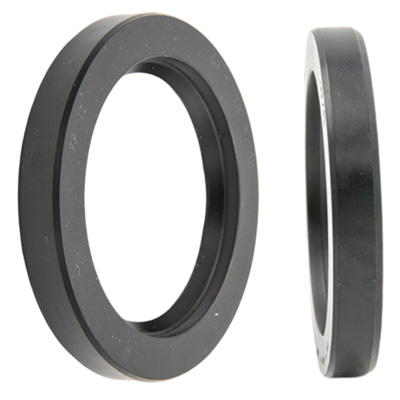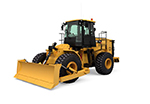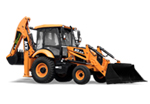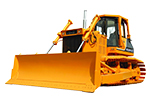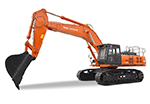ROTARY SHAFT SEALS
Rotary shaft seals, also known as oil seals or radial shaft seals, are essential components used in rotating machinery to prevent fluid leakage and contamination. They provide a barrier between moving and stationary parts, ensuring efficient operation and extended service life of mechanical systems.
Functions of Rotary Shaft Seals
✔ Prevents Lubricant Leakage – Keeps oil, grease, and other fluids within the system.
✔ Blocks Contaminants – Protects against dirt, dust, water, and other environmental elements.
✔ Reduces Friction & Wear – Minimizes direct metal-to-metal contact between components.
✔ Enhances Equipment Longevity – Prevents premature failure of bearings and other critical parts.
Types of Rotary Shaft Seals
🔹 Single Lip Seals – Used for general applications with moderate lubrication and contamination protection.
🔹 Double Lip Seals – Provide extra protection against contaminants, ideal for harsh environments.
🔹 Spring-Loaded Seals – Maintain consistent sealing pressure, even with shaft movement or misalignment.
🔹 Cassette Seals – Fully enclosed for extreme dirt and moisture conditions, commonly used in off-highway vehicles.
🔹 V-Ring Seals – Flexible rubber seals designed to protect against dirt and dust while allowing axial movement.
Common Applications
🛠 Automotive & Heavy Equipment – Used in engines, transmissions, and wheel hubs.
🛠 Industrial Machinery – Found in pumps, compressors, and gearboxes.
🛠 Agricultural & Construction Equipment – Protects rotating components in tractors, loaders, and excavators.
🛠 Aerospace & Marine – Used in turbines, propeller shafts, and hydraulic systems.
Materials Used
🟢 Nitrile Rubber (NBR) – Good oil resistance and cost-effective.
🟠 Fluoroelastomer (FKM/Viton®) – High heat and chemical resistance.
🔵 Silicone – Performs well in extreme temperatures.
🟣 PTFE (Teflon®) – Suitable for high-speed and dry-running applications.





